Last Sunday, U.S. Republican presidential candidate and raw-milk darling Ron Paul, set a new record for a presidential candidate in either party, hauling in more than $6 million online.
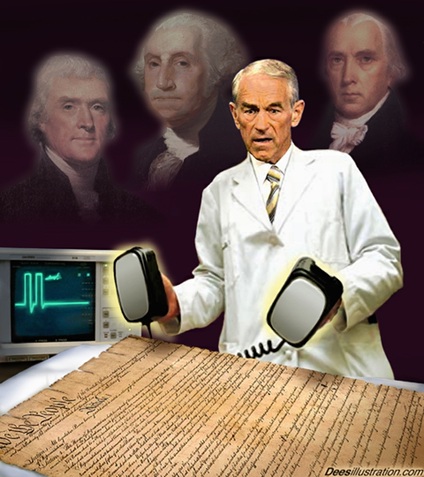 In the new New Republic, msnbc host Tucker Carlson, in the appropriately titled, On the road with Ron Paul’s merry band of misfits and his hooker fan club, writes,
In the new New Republic, msnbc host Tucker Carlson, in the appropriately titled, On the road with Ron Paul’s merry band of misfits and his hooker fan club, writes,
"that Paul, who is small and delicate and has a high voice, spoke in a near monotone, making no effort to excite the audience. They cheered anyway. Then he said this: ‘The Constitution gives no authority for a central bank.’
"The crowd went wild, or as wild as a group of sober Republicans can on a Monday night. They hooted and yelled and stomped their feet. Paul stopped speaking for a moment, his words drowned out. Then he continued on about monetary policy.
"Paul never outshines his message, which is unchanging: Let adults make their own choices; liberty works. For a unified theory of everything, it’s pretty simple. And Paul sincerely believes it.
"Most Republicans, of course, profess to believe it too. But only Paul has introduced a bill to legalize unpasteurized milk. Give yourself five minutes and see if you can think of a more countercultural idea than that. Most people assume that the whole reason we have a government is to make sure the milk gets pasteurized. It takes some stones to argue otherwise, especially if nobody’s paying you to do it. (The raw-milk lobby basically consists of about eight goat- cheese enthusiasts in Manhattan, and possibly the Amish.)
"Paul is pro-choice on pasteurization entirely for reasons of principle. ‘I support the right of people to drink whatever they want," he says. He mocks the idea that "only government can make sure we’re safe, so we need the government to protect us. I don’t think we’d all die of unsafe food if we didn’t have the FDA. Someone else would do it.’"
Hey, I’m all for libertarianism. But what about the kids that get sick?
From 1998 to 2005, a total of 45 outbreaks of foodborne illness were reported to CDC in which unpasteurized milk (or cheese suspected to have been made from unpasteurized milk) was implicated. These outbreaks accounted for 1,007 illnesses, 104 hospitalizations, and two deaths.
Because not all cases of foodborne illness are recognized and reported, the actual number of illnesses associated with unpasteurized milk likely is greater.
A table of the outbreaks is available at http://www.foodsafety.ksu.edu/articles/1138/RawMilkOutbreakTable.pdf
Yes, lots of foods make people sick. And people should be free to choose what they ingest.
The 19th century English utilitarian philosopher, John Stuart Mill, noted that choice has limits, stating, "if it [in this case the consumption of raw unpasteurized milk] only directly affects the person undertaking the action, then society has no right to intervene, even if it feels the actor is harming himself."
Excused from Mill’s libertarian principle are those people who are incapable of self-government – children.
Science can be used to enhance what nature provided. Further, society has a responsibility to the many — philosopher Mill also articulated how the needs of the many outweighed the needs of the one — to use knowledge to minimize harm.
Adults, do whatever you think works to ensure a natural and healthy lifestyle, but please, don’t impose your dietary regimes on those incapable of protecting themselves: your kids.
And support the International Food Safety Network.
Give large. Give small. It’s all on-line at
https://one.found.ksu.edu/ccon/new_gift.do?action=newGift&CCN_FUND_ID=3894&SCENARIO=SELECTFUND
Any problems, just e-mail me, dpowell@ksu.edu.
And if you benefit from our services, then we’re continuing with our payment model that alt.music darlings Radiohead stole from us: pay what you want. If there’s that much money for Ron Paul, there’s some for safe food.
 My name’s Steph, and I am a newbie graduate from Kansas State with a bachelor’s in Animal Science, a minor in French, and a certificate in Equine studies.
My name’s Steph, and I am a newbie graduate from Kansas State with a bachelor’s in Animal Science, a minor in French, and a certificate in Equine studies.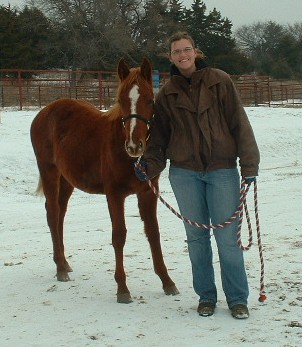

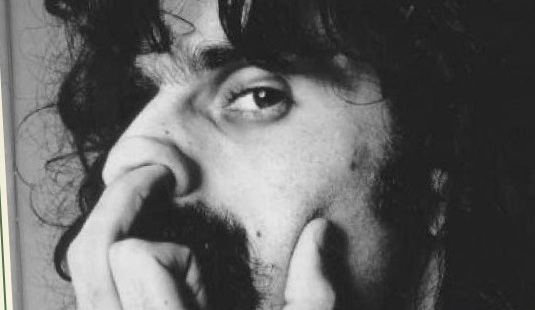 Through
Through .jpg) Still, we need your help to keep going. Each week the guts of the infosheets are generated by fabulous undergraduate and graduate students who pull news and find great stories, search out gross (and sometimes disturbing) pictures, and help create the framework for the sheets.
Still, we need your help to keep going. Each week the guts of the infosheets are generated by fabulous undergraduate and graduate students who pull news and find great stories, search out gross (and sometimes disturbing) pictures, and help create the framework for the sheets.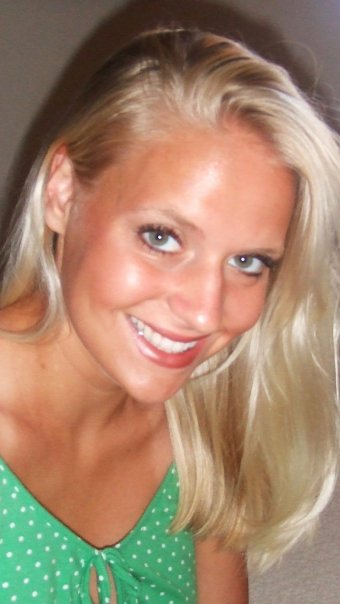 When I’m not fighting in the trenches of Hale Library jacked up on coffee, I pull news for
When I’m not fighting in the trenches of Hale Library jacked up on coffee, I pull news for  We do good work, always trying to chase down the most up-to-date food risk information from around the world, provide our pithy commentary and conduct reality-based research. We’ve posed as shoppers in grocery stores, watched hundreds of hours of celebrity chefs, watched consumers prepare food and now have cameras up in kitchens to evaluate training interventions. We really do care about this stuff.
We do good work, always trying to chase down the most up-to-date food risk information from around the world, provide our pithy commentary and conduct reality-based research. We’ve posed as shoppers in grocery stores, watched hundreds of hours of celebrity chefs, watched consumers prepare food and now have cameras up in kitchens to evaluate training interventions. We really do care about this stuff. We can’t offer you any DVDs of British comedies or Ken Burns documentaries like they do on PBS, but we can offer a very cool
We can’t offer you any DVDs of British comedies or Ken Burns documentaries like they do on PBS, but we can offer a very cool  I edit three of the four daily
I edit three of the four daily  We gave talks all over the world, for various groups, including the National Restaurant Association, Walt Disney World, and dozens of public health groups and scientific societies.
We gave talks all over the world, for various groups, including the National Restaurant Association, Walt Disney World, and dozens of public health groups and scientific societies. 
 Or contact me directly,
Or contact me directly, 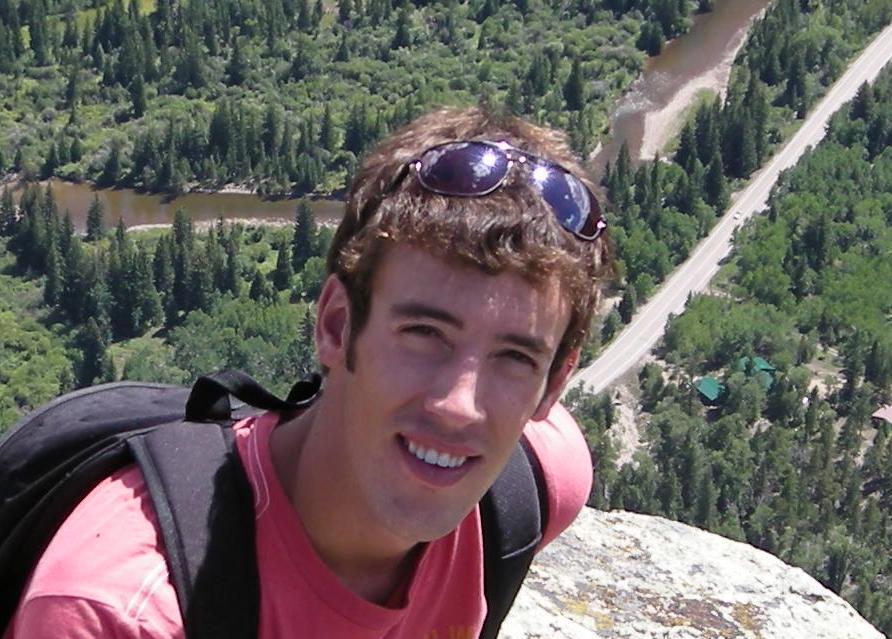 My name is Chris Babcock, and I am a fifth-year financial services major at Kansas State University. I was told this joke while working in the produce section in a grocery store during high school. The moral that I extracted from the joke is that it’s important to have reliable information at the right time. Since the television is such a limited source of relevant information, I decided last year to stop wasting my time watching it, and cancelled my services. I realize now how much time I save reading news from the Internet.
My name is Chris Babcock, and I am a fifth-year financial services major at Kansas State University. I was told this joke while working in the produce section in a grocery store during high school. The moral that I extracted from the joke is that it’s important to have reliable information at the right time. Since the television is such a limited source of relevant information, I decided last year to stop wasting my time watching it, and cancelled my services. I realize now how much time I save reading news from the Internet. Bonjour! I’m a senior in History and French at Kansas State, and I do a number of other things, like throwing long metal projectiles over mountains.
Bonjour! I’m a senior in History and French at Kansas State, and I do a number of other things, like throwing long metal projectiles over mountains. 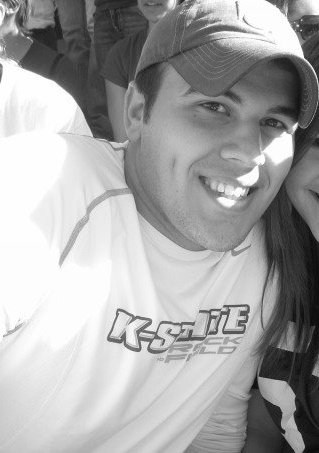 I also spend several hours a week pulling stories for iFSN (it keeps me informed and you regular) and in the future, I may be translating infosheets into French. But that all depends on
I also spend several hours a week pulling stories for iFSN (it keeps me informed and you regular) and in the future, I may be translating infosheets into French. But that all depends on  In the
In the  Hola, my name is Andrew Stormer. I designed and run the
Hola, my name is Andrew Stormer. I designed and run the  On a side note: I am in search of an internship for the upcoming summer, preferably in Scotland, Ireland, Australia or New Zealand. I am, however, more than willing to do internships in the U.S. as well. If anyone is interested in adopting me then feel free to e-mail me at
On a side note: I am in search of an internship for the upcoming summer, preferably in Scotland, Ireland, Australia or New Zealand. I am, however, more than willing to do internships in the U.S. as well. If anyone is interested in adopting me then feel free to e-mail me at 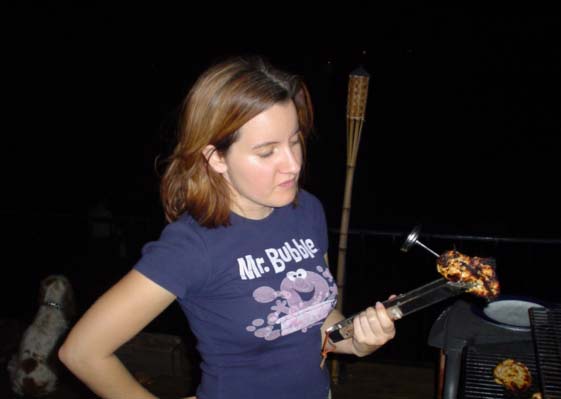 Ne mangez pas de caca, et donnez ce que vous pouvez pour soutenir l’iFSN.
Ne mangez pas de caca, et donnez ce que vous pouvez pour soutenir l’iFSN.